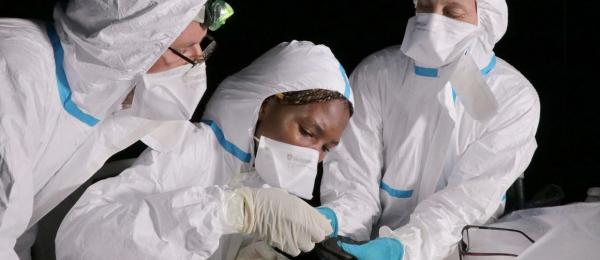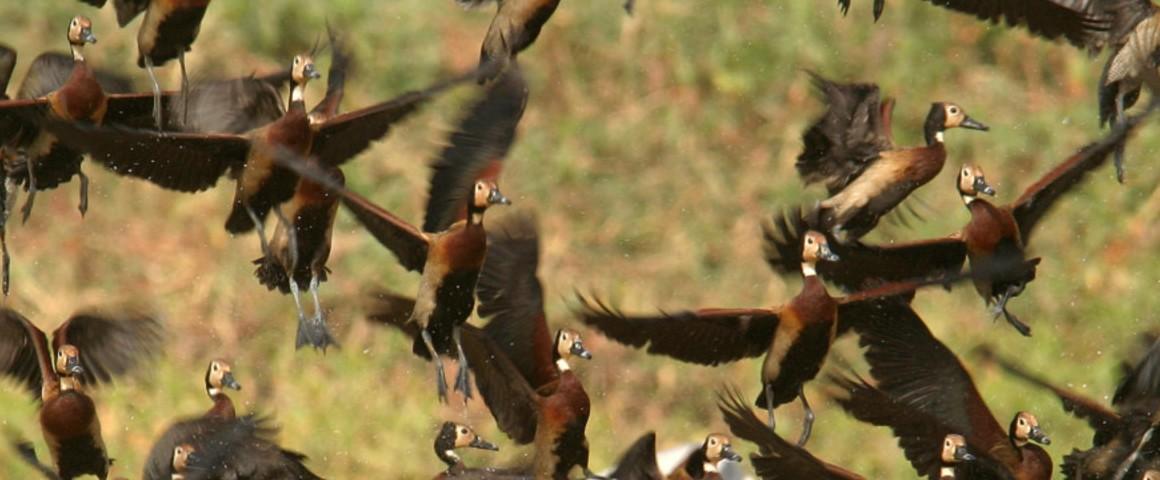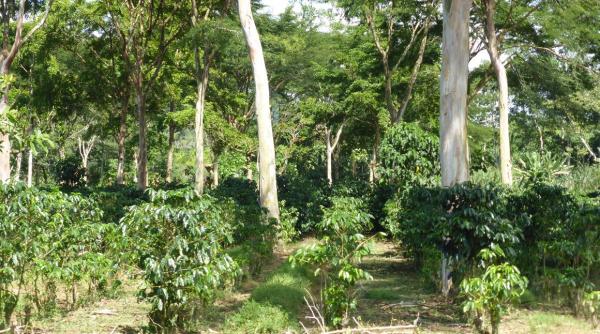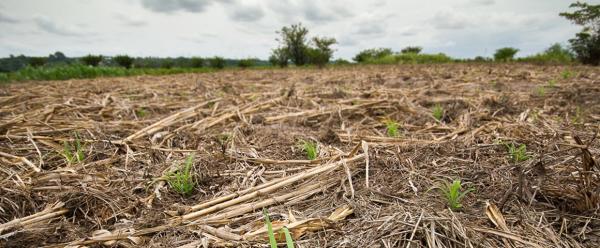In this document, the Scientific Council on COVID-19 reiterates “the urgent need to shift from a black and white vision of health to an integrated, more inclusive and holistic vision”.
According to the 16 members of the Council, the goal is “to change the way we approach the One Health concept by better integrating the environment and thereby ensuring a comprehensive understanding of the health of all living organisms within a given ecosystem”.
The One Health concept is well known in the world of research. But it is still insufficiently applied, beyond the scientific community, to make a real contribution on the ground to reducing the risks of zoonotic disease outbreaks (diseases transmitted from animals to humans).
However, “according to IPBES, the cost of preventing the risks of disease outbreaks with pandemic potential would be 100 times less than the cost of managing the consequences of a pandemic”, says Thierry Lefrançois, Director of CIRAD’s Biological Systems Department and member of the Scientific Council.
Applying the One Health concept means taking into consideration the linkages between human health, animal health and environmental health, with a multisectoral but also multidisciplinary and multi-stakeholder approach.
“A number of specific research and monitoring actions on disease outbreaks are already underway, with the implementation of partnerships, bringing together veterinarians, public health professionals and scientists, such as those in the Caribbean and the Indian Ocean. But we now need to change scale and to decompartmentalise the different sectors”, says Thierry Lefrançois. This change of scale has already begun, for example with the PREZODE initiative, which now involves 100 international partners from seven countries on four different continents.
The PREZODE conference "Joining forces to escape the era of pandemics" brought together a number of prestigious experts on 11 February. It was organized within the framework of the French Presidency of the Council of the European Union, and served to consolidate political support of the PREZODE initiative on the part of EU member countries and the European Commission.
The PREZODE conference, “Joining forces to escape the era of pandemics”, brought together a number of prestigious guests on 11 February 2022. Organised in the framework of the French Presidency of the Council of the European Union, the event was the opportunity to build political support for the PREZODE initiative from the EU countries and the European Commission.
These different actions build on the scientific cooperation between France and the countries of the global South, in order to “co-construct crisis-resilient ecosystems in all parts of the world”, says Thierry Lefrançois.
The Scientific Council thus calls for a wide-ranging “paradigm shift”, including “in training for health professionals and decision-makers”, and for the creation of a “multisectoral health organisation” covering all levels, whether local, national, regional or global.





























